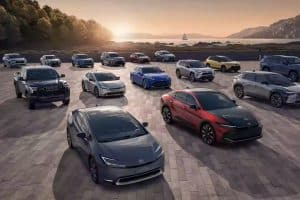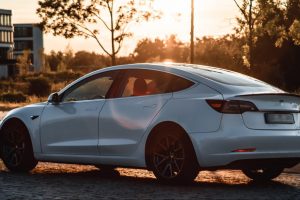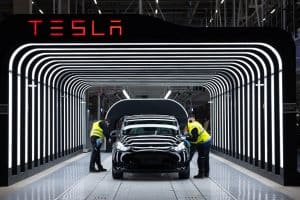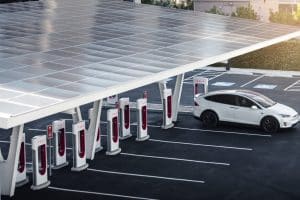The Indian State of Delhi has decided to do away with electric vehicle subsidies, incentivizing drivers to purchase EVs.
New reports from various Indian media outlets have stated that the country’s electric vehicle policy has been revised with the intention of withdrawing EV subsidy programs that offer rebates when EVs are purchased. The move is somewhat shocking, considering several Indian government officials are petitioning for large-scale battery manufacturers to set up production lines in India. Additionally, several well-known EV companies, including Tesla, are attempting to enter the market with the help of government officials who are attempting to reach terms with the Silicon Valley-based car company that would see its EVs enter the market through imports.
Delhi offered electric vehicle drivers a subsidy of ₹10,000 ($135) per kWh of battery capacity, with benefits being capped at ₹1.5 lakh ($2,020) per vehicle. Drivers also had road tax and registration fees waived when purchasing an electric vehicle.
Earlier this week, Delhi Transport Minister Kailash Gahlot said that the government was planning to scrap the subsidies for passenger and privately-owned vehicles in favor of two-wheeler, freight, and public transport vehicles instead. “The electric cars segment has received the required push in Delhi. Our focus now is to tap the two-wheeler, freight, and public transport segments of electric vehicles (EVs) as they constitute a major chunk of Delhi’s over 10 million registered vehicles. They also ply on the road more as compared to private cars, thereby causing more pollution,” Gahlot said to the Hindustan Times.
The government now wants to offer subsidies to those who are in need of more benefits and breaks, which includes the commerce and logistics sectors. “Actually, a subsidy is not required for e-cars as such because those who can afford to pay around ₹15 lakh for a vehicle do not care if the cost is ₹1-2 lakh more, sans the subsidy,” Gahlot said. “Our aim is to provide the subsidy to those who need it the most, and they include auto drivers, two-wheeler owners, delivery partners, and so on.”
Delhi has only offered EV subsidies since August 2020. However, the offerings have established a notable amount of demand from Indian consumers. Politicians hope that the incentives, when offered to commercial entities, will have the same effect. “We are witnessing good results of our electric vehicle policy, and the adoption of such vehicles is gaining pace. We are committed to realizing the dream of making Delhi the country’s electric vehicle capital, according to the vision of Chief Minister Arvind Kejriwal,” Gahlot also said.
Delhi has registered 7,869 EVs from July to September, with August and October showing increased figures of 22,805 units purchased. In just four months, the State has registered nearly 31,000 EVs, meaning the incentives have worked. It still accounts for a small portion of the total automotive market in the region, which spans across 10 million total registered vehicles in the private sector.





